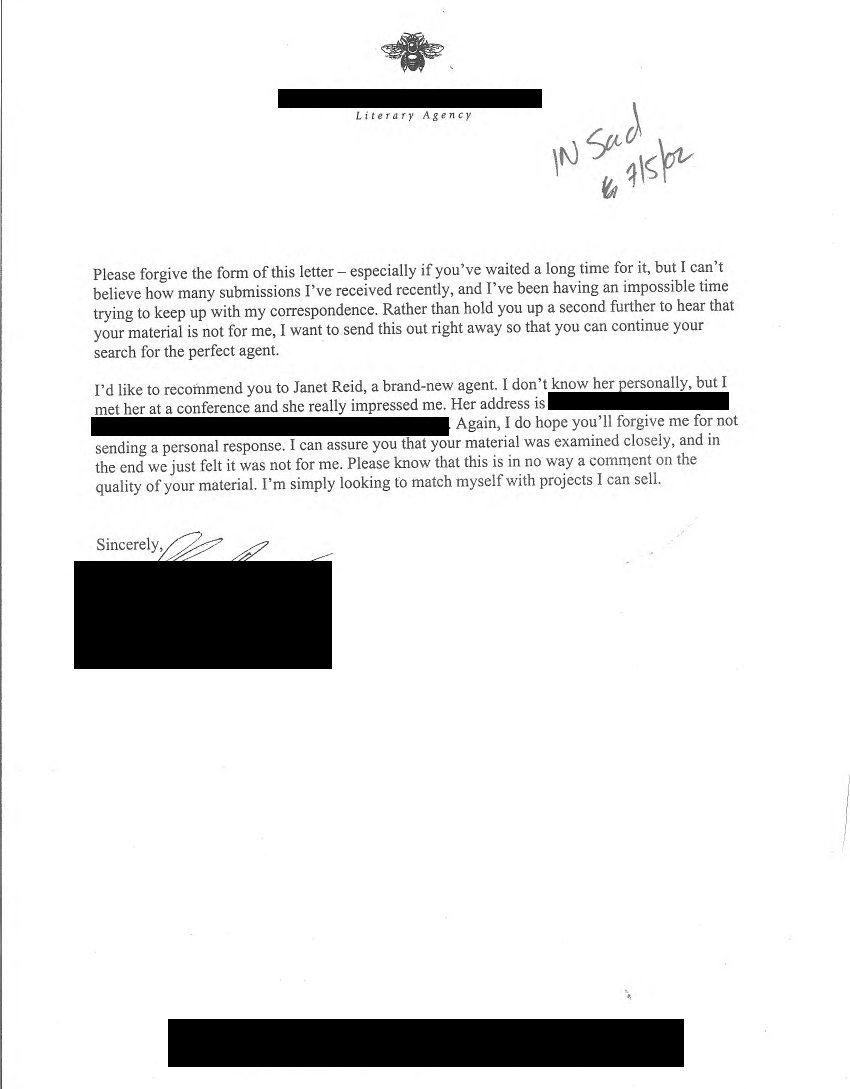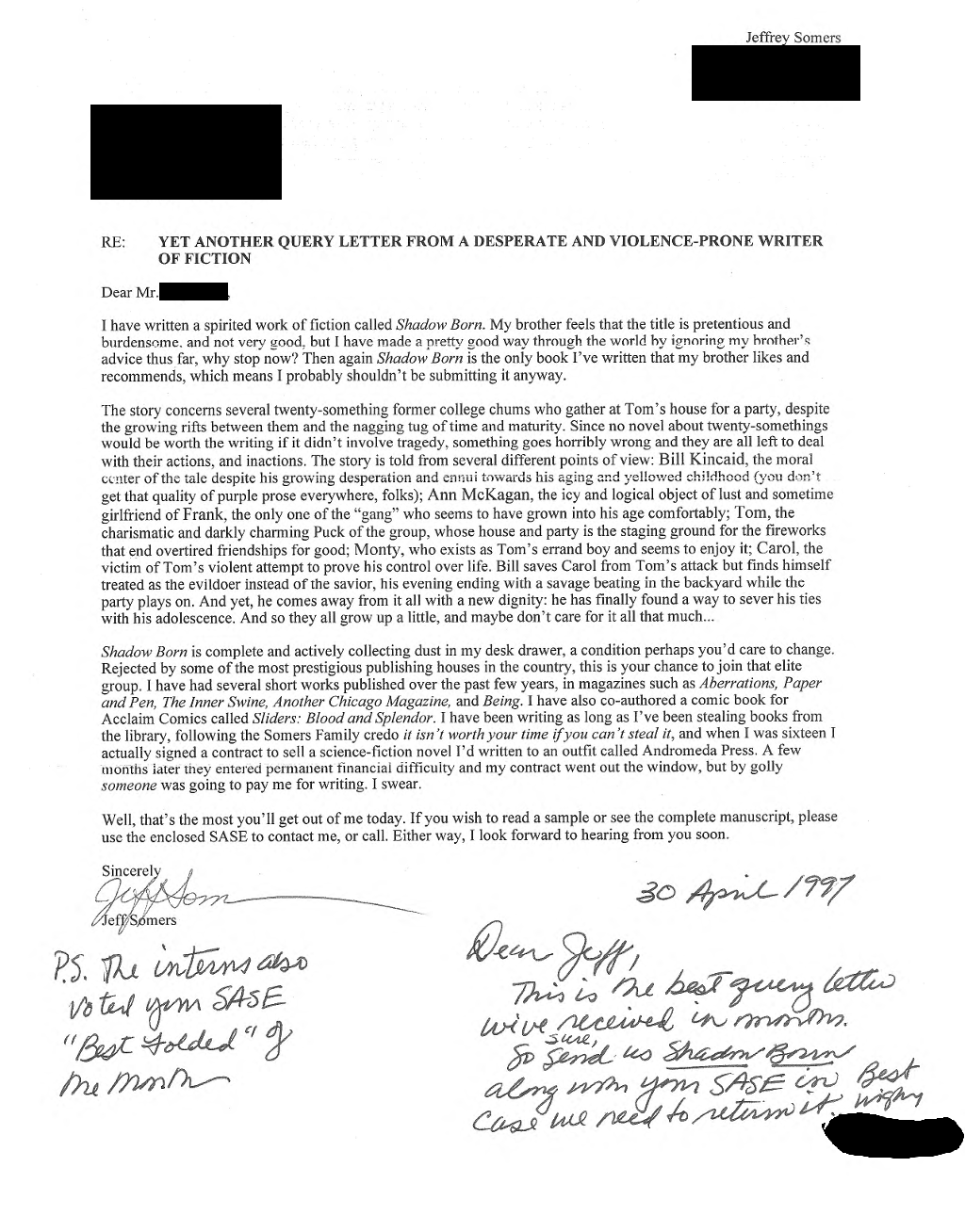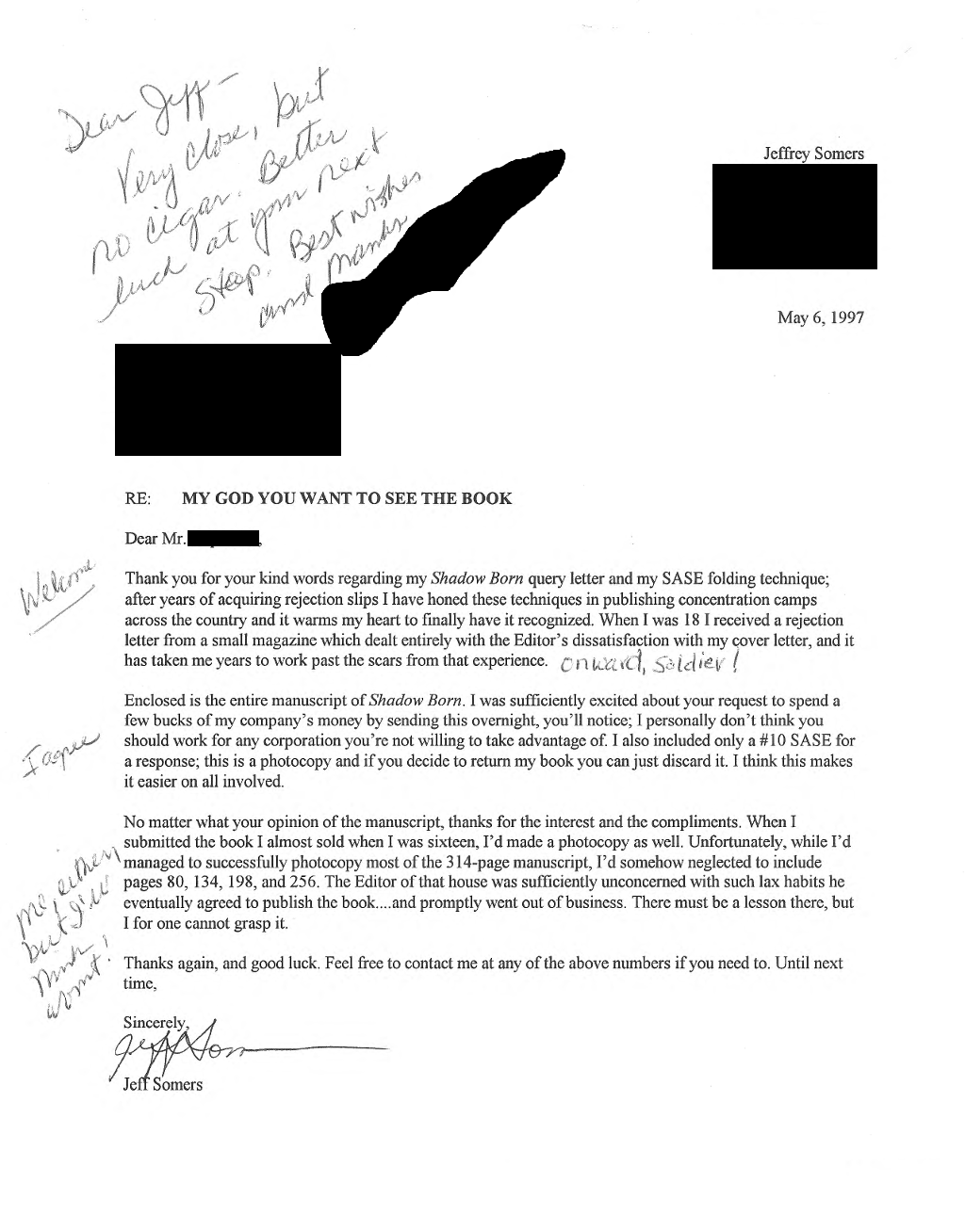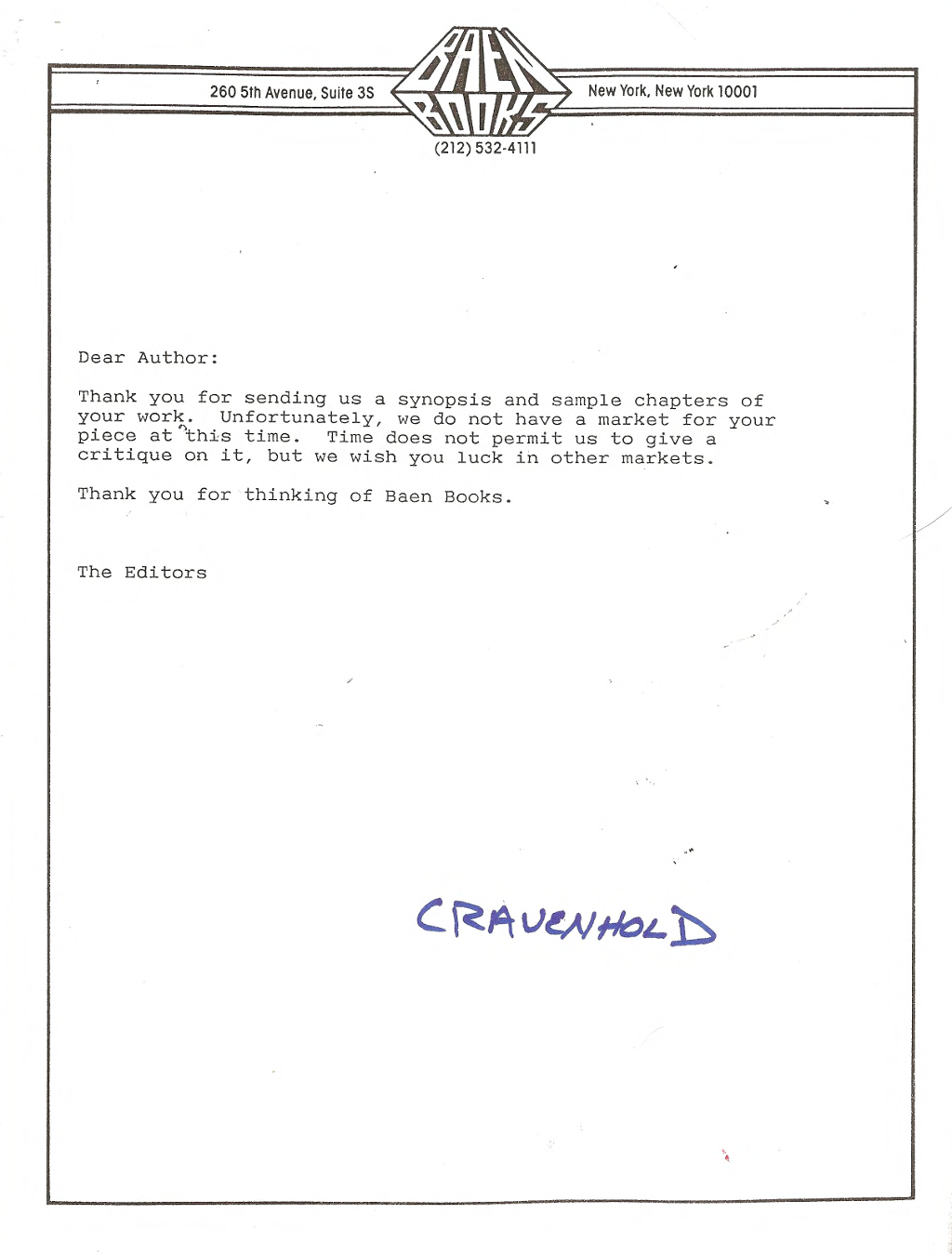The Joy of the Non-Rejection

KIDS, Like any writer worth his salt, I’ve been pondering rejection recently. Which is to say, I’ve been pondering rejection for decades now, ever since Ballantine Books told 10-year old Jeff that his Lord of the Rings homage War of the Gem wasn’t quite what they were looking for despite sporting this kick-ass crayon cover:
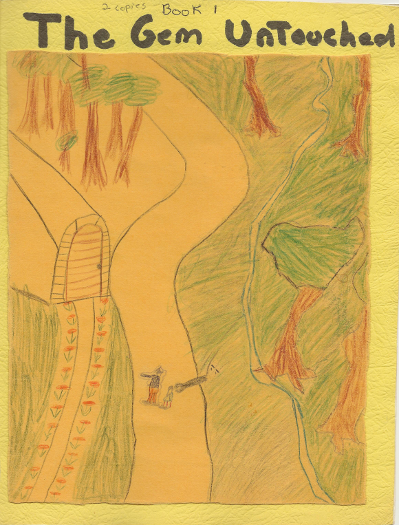
I mean, you’d buy this book, wouldn’t you? That cover has it all: A garish yellow base, trees that look like geometric monstrosities, a sense of perspective sourced from Flatland, and two figures who appear to be in Halloween costumes. One appears to be Batman. This is what 10-year old Jeff would have called marketing gold.
So, yeah, rejection. In my ruminations on the subject I sometimes overlook a Very Special Moment for any working writer: The Non-Rejection.
Yes! But also, no!
The Non-Reject is that magical hang-fire moment when an editor responds to your submission with anything other than outright rejection. Sometimes they say your story has been moved on, but there’s no final decision. Sometimes they say that you got very close but ultimately it’s a ‘no.’ Or sometimes they just send a really, really nice rejection that tells you how awesome they think your story is while explaining why they can’t buy it.
It’s better than a flat-out rejection, obviously. Just last week an editor took the time to tell me a story I’d submitted to their magazine was being moved on to the next round of their process, and that was nice. Sure, the story may ultimately be rejected, but it was great to hear anyway.
Non-rejections affirm you, after all. They mean you’re in the room, you’ve been seen, and no one is secretly laughing at you behind your back. At least, not about this particular story.
Of course, non-rejections don’t pay the bills. But then, acceptances don’t pay the bills, do they? Ha ha! Writing is a miserable existence.




